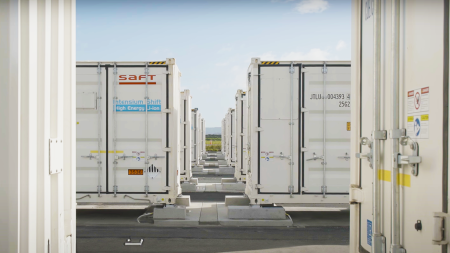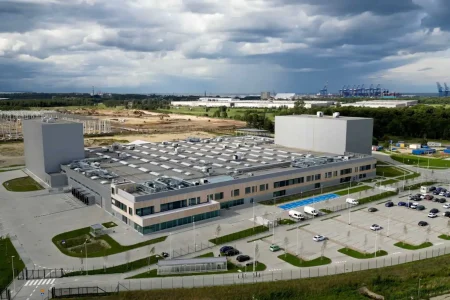Volkswagen, being the largest of Germany’s three automakers, is so reliant on Tesla-Kits that it can only be a traditional manufacturer: Under the leadership of Herbert Diess, the company produces not only one electric vehicle after another but also plans to build many more.
Eventually, they hope to be as digital as Tesla and build factories as cutting-edge as the new Gigafactory in Berlin. This week, Diess urged German policymakers to finally abandon their pursuit of alternative-fuel vehicles, and Tesla CEO Elon Musk agreed. However, shortly thereafter, Diess’s so-called “mock debate” continued.
The Volkswagen Group, through its NASDAQ-listed subsidiary Traton, is also a strong player in the commercial vehicle market – and, like Tesla, relies on energy storage via sufficiently large batteries. BMW, on the other hand, said only recently that it intends to produce a genuine X5 with a fuel cell in the coming year.
Daimler, on the other hand, is sandwiched between the German automakers. For his auto business with Mercedes, he was informed in April that the 2018 also-as-a-small-series-launched hydrogen fuel cell vehicle GLC F-Cell will be discontinued. At the moment, batteries that generate electricity using a water-to-air fuel cell are installed on board “in preparation for a large-scale market introduction,” the company explained. Daimler Trucks, the company that will soon be spun off from Mercedes and listed on the stock exchange, announced the formation of a joint venture with Volvo to develop commercially viable fuel cell systems for heavy vehicles.
In his appeal to reintroduce debates about hydrogen as a possible mode of transport, he cited a recent study concluding that the gas, at least in passenger vehicles, is neither suitable for combustion nor as a starting material for synthetic fuels. Despite this, Martin Daum, CEO of Daimler Trucks, spoke out in response to a question a few days later in favor of continued technological advancement. Additionally, he stated that, at least until 2025, everything would revolve on battery-powered motors.
Unlike Tesla’s CEOs, though, Daum believes this is a foregone conclusion: By 2025, it will no longer be sufficient to “rely solely on a technology to achieve climate goals,” he told news agency Bloomberg. Both battery-electric and hydrogen-fueled vehicles would be required.








